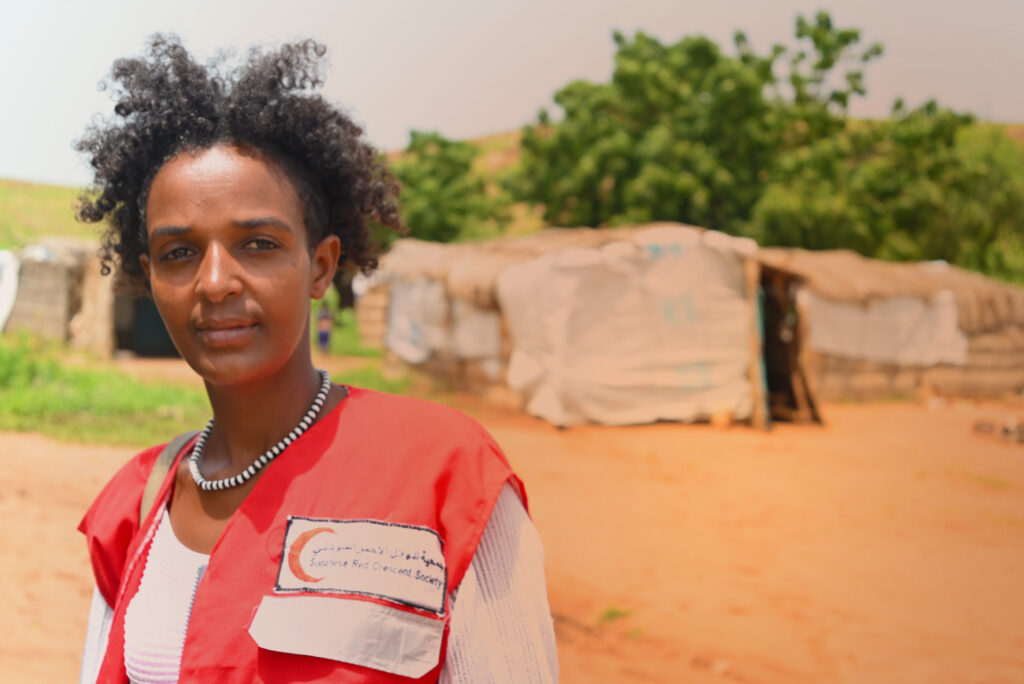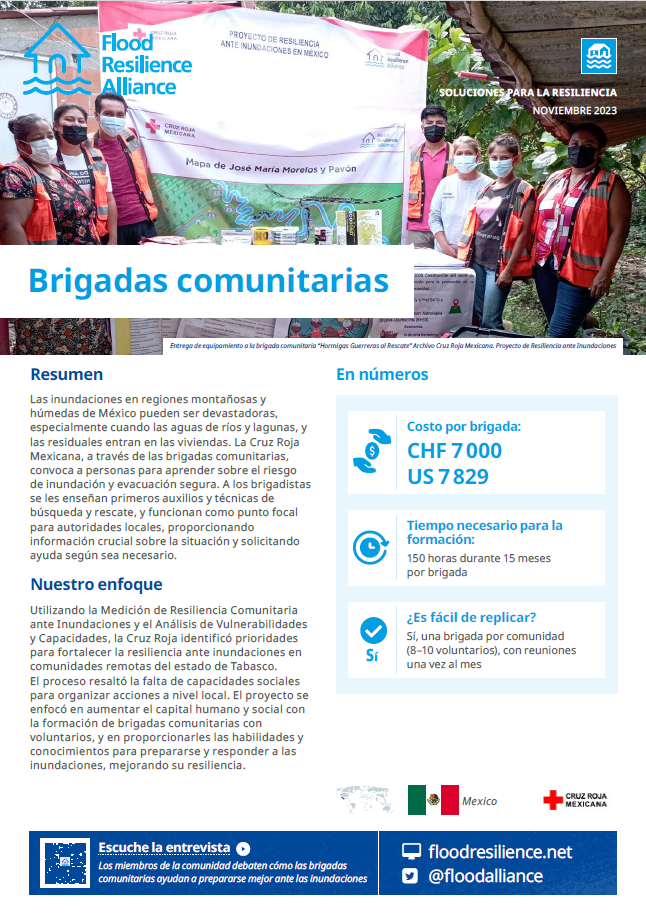Digitalizing Paper-Based Community mapping in the EVCA
Community mapping in paper-based formats is low-cost, technology-independent, that is easily facilitated, and adopted at the community level. However, the output can be less sustainable compared to digital map products. The digitalization of the community data comes with the loss of information and is time-intensive because the geolocation and therefore the exact location and extent […]
Digitalizing Paper-Based Community mapping in the EVCA Read More »


